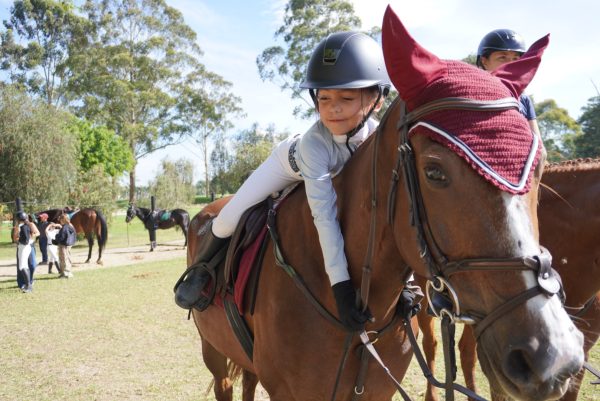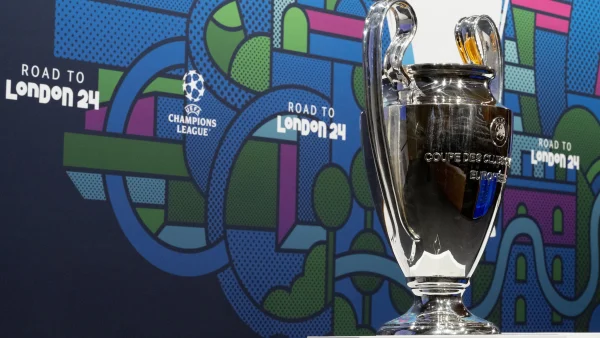Students struggling in Pre Calculus
Ricardo Perez lied overwhelmed at his desk; he saw the paper desperately and all the numbers started to move slowly; they didn’t make sense. 40 minutes and not 1 question answered. He knew the grade wasn’t going to be a good one.
Precalculus class can be a real challenge for students at the Columbus school. This is a class that can be taken when you are in 10th grade but you’re supposed to take it when you are in 11th grade. Many students that fail this class complain to the administration to find a solution. The root of the problem hasn’t been identified, whether it’s the student’s academic level, the teacher’s instruction or the complexity of the material that makes students struggle. Regardless of the problem, close to 50% of students are failing this class.
Students perspective
11th grade student Miguel Salazar expressed his opinions on the demanding class for a junior.
“This class requires a lot of work ethic because you have a different topic each week,” said Salazar
Also he said that its really difficult because in the class there are a lot of students asking questions and it makes it really confusing and harder to understand.
“Maybe if the class was individual it would be easier to understand but there are a lot of students asking questions and it makes it harder,” said Salazar
11th grade student Ricardo Pérez said that you needed a lot of dedication for this class in order to pass it. According to him, you need to spend extra time studying at home if you want to reach a passing grade in the class.
“This is a class that if you go everyday is not enough for you to pass it,” said Perez
Salazar, a student with a self reported 82% average, said he couldn’t pass this tough class.
“I considered that I’m an intelligent person that does well at school but it wasn’t enough for this class.” Miguel said.
Teacher perspective
Andres Arboleda is the Pre Calculus teacher and he thinks that people that fail or have a really hard time with his class, because they don’t have the dedication for it.
“Some of the students don’t do anything, they just wait until the last minute for studying and making their simulation and then they just complain,” said Arboleda.
Arboleda also says that this course is really challenging, but if you do all your work and ask for help you will do a great job on his class.
“This class is really challenging because juniors come from a grade where they don’t see any math at all, but if they pay attention, do all the work, and ask for help they will do a great job in this class,” said Arboleda
Arboleda identifies another reason for students to fail his course and that is test grades. These are the only grades that actually count for the final score. To do well you need to prepare yourself for those tests.
“Many students fail my class because they don’t do the simulation that is the best practice for the test, and in my class the only grades are tests so they need to have a good grade for this,” said Arboleda
How can it be improved?
According to Carol Lloyd the executive editor of GreatSchools, for people to improve low math grades in high schools, they need to open their mind and start practicing more math, in order to fully understand and permanently learn the concepts they need to undergo practice.
“formerly accomplished students were faced with a new idea: that math required more than rote learning — it required creativity, grit, and strenuous mental gymnastics,” Lloyd stated.
According Salazar what makes this class really challenging is that they do weekly quizzes and a lot of new topics so he thinks that if the pace of the class would be slower it would be easier for students
“Maybe making it a little bit slower base because there is were we can really learn the topics and they can really sink in to us instead of having a bunch of topics shown,” said Salazar.






















